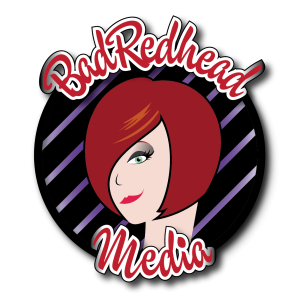This is Why Keywords and Metadata are Important for Book Sales
During a recent #BookMarketingChat (join us any Wednesday, 6pm pst/9pm est), we discussed “ebook metadata” and the importance of using keywords. A few folks asked what exactly that term means. While we were able to give a brief answer to that question during the chat, I figure we could certainly expand on what metadata is, and how to use keywords with metadata to sell ebooks.
Let’s deconstruct.
What Does the Term “Metadata” Mean?
By definition, metadata (meta·da·ta) is data that provides information about other data. In terms of books, “It’s the information you provide about your book or ebook to help retailers and librarians sell or catalog it, and to help potential readers learn what it’s about.” (via DigitalPublishing101)
The first basic components of your book metadata include: title, subtitle, author. Simple, right? Let’s add a few more: ISBN (for print)/ASIN(for digital on Amazon), format, publication date.
Here’s an example of what your book metadata should look like:
- Title: Broken Places
- Subtitle: A Memoir of Abuse
- Author: Rachel Thompson
- ASIN: B01GF7KJ16
- Format: ebook/digital
- Publication Date: May 30, 2016
Got it? Cool. Okay, moving on.
Importance of Metadata for Branding
We know how important keywords are for branding (if you don’t, read up on Branding 101 via BadRedheadMedia.com). The same concepts apply to using keywords with your book metadata. Research and decide on your SEO (Search Engine Optimization) keywords and add them into the following metadata: title, subtitle, category, description, target audience.
Remember to use the same metadata on all placements to maintain consistency for maximum optimization (social media, blogging, website, visuals, bios, etc.). As you refine your target audience details, you can begin to refine your metadata as well. Keep it up-to-date to ensure your metadata is complete and accurate.
Let’s put it all together now…
Why are Keywords and eBook Metadata Important for Book Sales?
Simply put, optimizing your book metadata with keywords helps potential readers notice your book and your current readers find your books. Having complete and accurate metadata will also improve your chances of having your book picked up by search engines, library catalogs, and ebookseller websites.
How’s your metadata? Please share and comment below!
[blurbit]
Image courtesy of Unsplash


Again, an interesting post. This is where those of us who are self-published & enjoy tinkering around on Amazon luck out. We can change our listings/key words etc. I go onto Amazon every month, check how the sales are proceeding in various categories, cross-check with other writers, see what categories they are using, and amend accordingly. Mind, I’m geeky like that. When you’re with a publisher, you have to hope that they are also keeping up to date with this stuff. The chances that they are, are remote!
[…] your podcast on iTunes, you’ll need to export the file as “AIFF.” Be sure to include tags and meta data (Google indexes podcasts, so using keywords whenever possible is a must […]